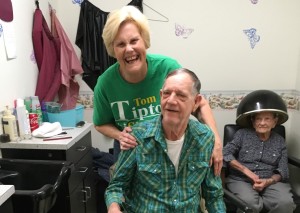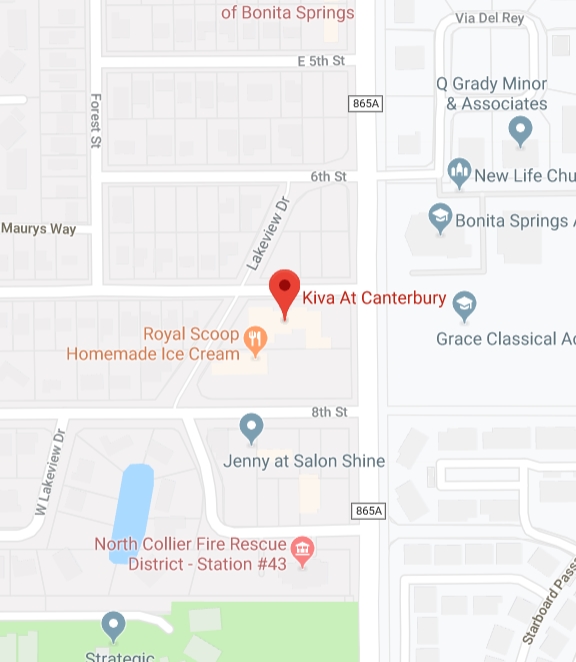Helping the Stressed Dementia Caregiver
Here is an interesting statistic. One half of the people caring for a partner or spouse with Alzheimer’s Disease will die before the person they are caring for dies. Research is showing that the stress of caring for a loved-one with a progressive, terminal dementia is just plain hard on the caregiver.
Think of it! There is:
- financial strain;
- social isolation;
- a long-slow grieving that can’t progress into acceptance because of those “good days” when the diseased person seems to return to normal;
- lack of sleep;
- constant vigilance;
- surges of guilt for moments when the caregiver’s patience is lost;
- fear of the future or of their loved one’s angry outbursts.
So if you know someone who is caring for their loved one, your help is needed. Here are some pointers on how best to offer help to a caregiver. The key is: 1) Offer something specific; 2) Offer repeatedly.
How can you help?
- Sit with the ill person so that the caregiver can get out or relax;
- Visit with them and accept the behavior of the ill person without criticism;
- Bring them homemade food;
- Give them notice you are going to the store and allow them time to put together a shopping list of items you can pick up for them;
- Offer to go with them when/if they take their loved one to the doctor to help with behavioral issues and to take notes;
- Send them cards or treats to let them know you are thinking of them.
- Help with things that the spouse or partner used to be able to do. Take the car in for an oil change, take the garbage out, cook a meal, rake the yard, sweep the walk, do the laundry, teach them how to balance the checkbook, find important papers…
Don’t just offer vague help. “Call me if you need anything,” or “What can I do to help?” may be a genuine and sincere offer from your heart, but it is better to offer something specific that you can do and give them time to think it over and offer again.
There often comes a time in the progress of the disease that care it is more than one person can do.
A person with dementia can have:
- night time restlessness;
- wandering;
- panic and anger;
- hallucinations.
Memory Care at an Assisted Living Facility will have employees that are trained in how to work with dementia behaviors. Assisted Living employees are only at work 8 hours a day. They are able to rest in between.
The caregiver can still be very involved in the care, but will be able to sleep and rest more often. The caregiver will also have time for self-care. This can make all the difference in the health and ability of a caregiver to live a longer life.
Kiva Assisted Living has Respite Care, Day Care, and Memory Care. Call today to arrange for a tour to learn more about how we can help relieve caregiver stresses.





